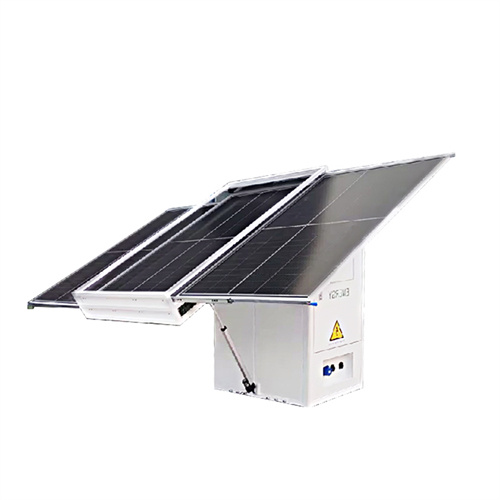Why are energy storage power stations dangerous
As the photovoltaic (PV) industry continues to evolve, advancements in energy storage power stations dangerous have become critical to optimizing the utilization of renewable energy sources. From innovative battery technologies to intelligent energy management systems, these solutions are transforming the way we store and distribute solar-generated electricity.
6 FAQs about [Why are energy storage power stations dangerous ]
What is a battery energy storage system?
Battery Energy Storage Systems (BESS) balance the various power sources to keep energy flowing seamlessly to customers. We’ll explore battery energy storage systems, how they are used within a commercial environment and risk factors to consider. What is Battery Energy Storage?
What happens if a battery energy storage system is damaged?
Battery Energy Storage System accidents often incur severe losses in the form of human health and safety, damage to the property and energy production losses.
Are grid-scale battery energy storage systems safe?
Despite widely known hazards and safety design of grid-scale battery energy storage systems, there is a lack of established risk management schemes and models as compared to the chemical, aviation, nuclear and the petroleum industry.
What are the technologies for energy storage power stations safety operation?
Technologies for Energy Storage Power Stations Safety Operation: the battery state evaluation methods, new technologies for battery state evaluation, and safety operation... References is not available for this document. Need Help?
How dangerous is lithium-ion battery storage?
These incidents represent a 1 to 2 percent failure rate across the 12.5 GWh of lithium-ion battery energy storage worldwide. To better understand and bolster the safety of lithium-ion battery storage systems, EPRI and 16 member utilities launched the Battery Storage Fire Prevention and Mitigation initiative in 2019.
Are large-scale lithium-ion battery energy storage facilities safe?
Abstract: As large-scale lithium-ion battery energy storage power facilities are built, the issues of safety operations become more complex. The existing difficulties revolve around effective battery health evaluation, cell-to-cell variation evaluation, circulation, and resonance suppression, and more.

